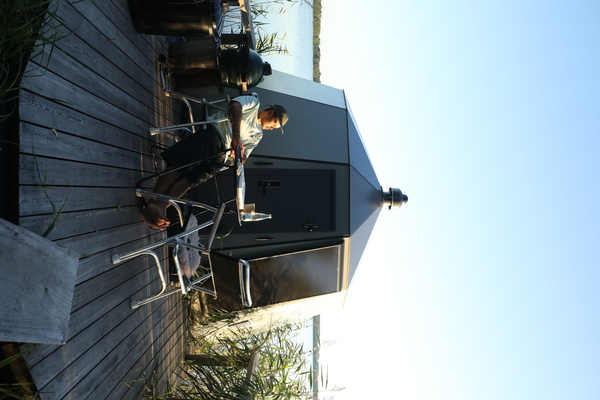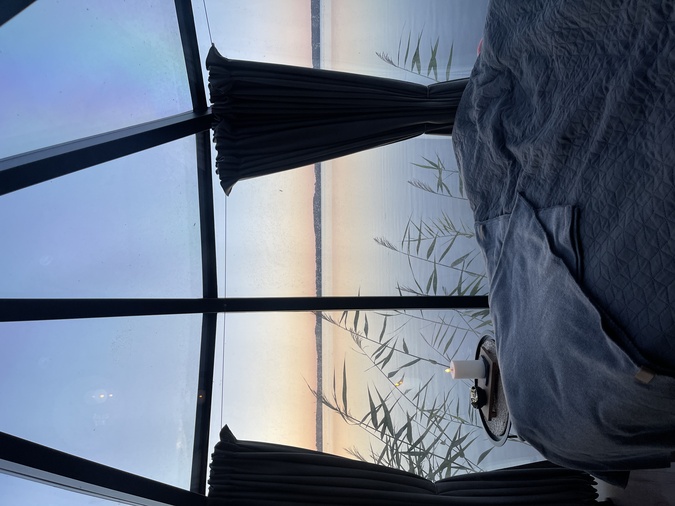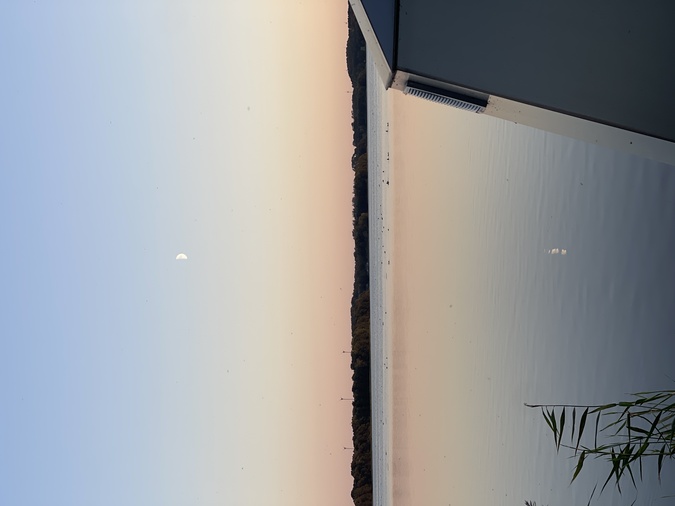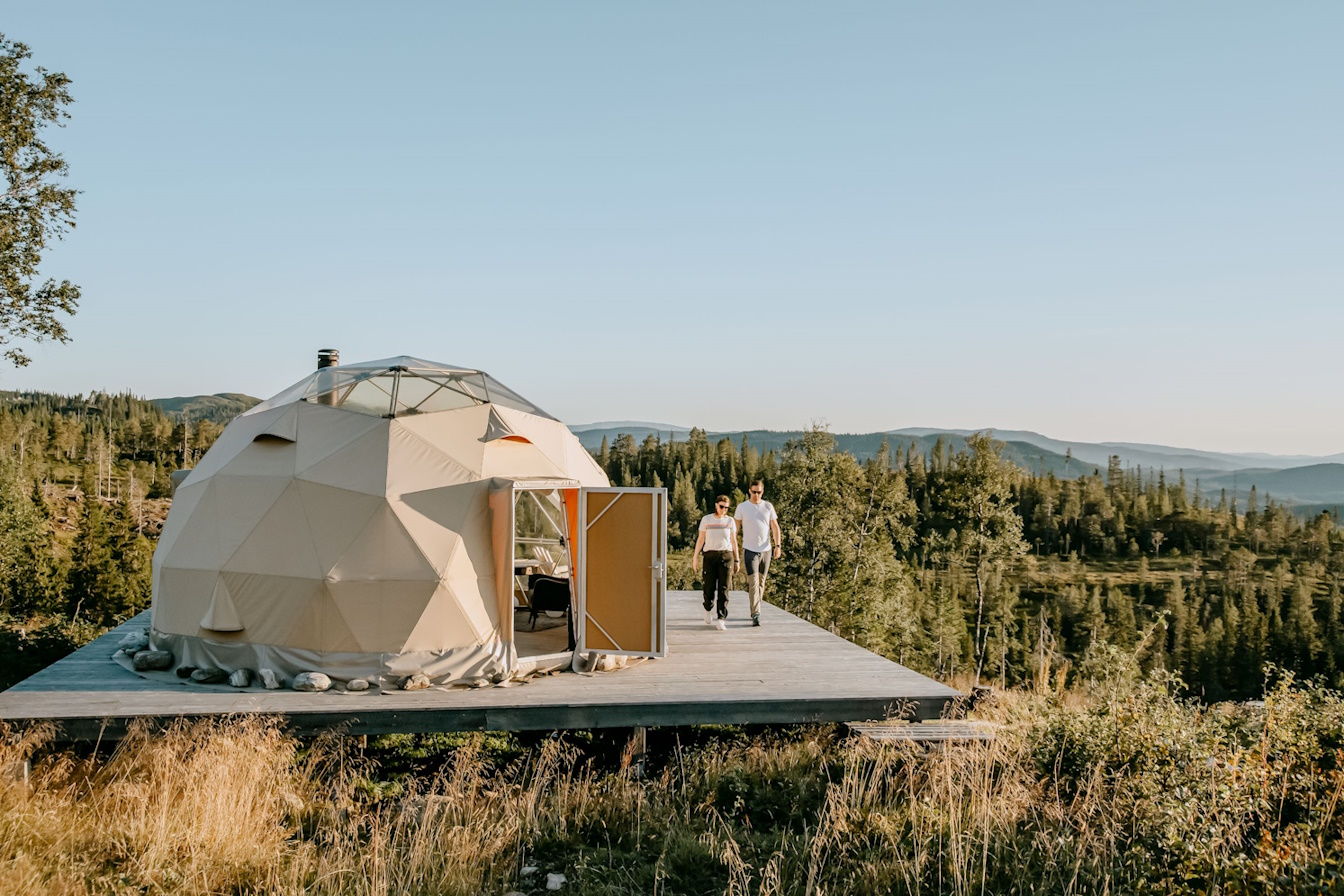Handpicked adventures
Browse through our most popular stays

Join an adventure with Sine Fuglsang at Yggdrasil Igloo
“We had a lovely stay here. The hosts were so sweet and caring. Beautiful surroundings and lovely food! Definitely recommend giving this place a visit!"
Yggdrasil Igloo



Sine Fuglsang Christensen
@sinebirdsong
- A Campanyon Adventurer since 2024
- Visited 3 places on Campanyon



Explore the outdoors in just three steps

1.
Search for your next getawayFind outdoor stays by dates, destination or other filters
2.
Book and pay for your getawayChoose the dates, guest, potential add-ons and book!
3.
Explore and enjoy your getawayYou’ll receive a welcome letter and let your adventure begin!



